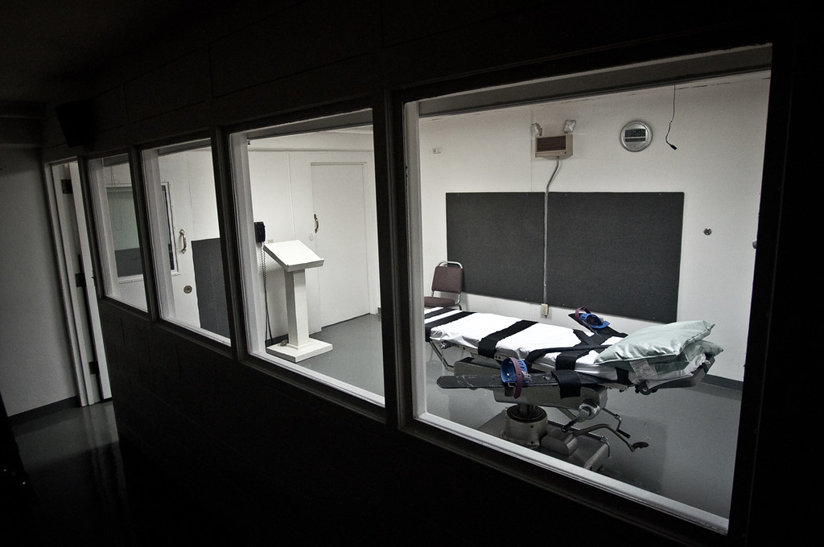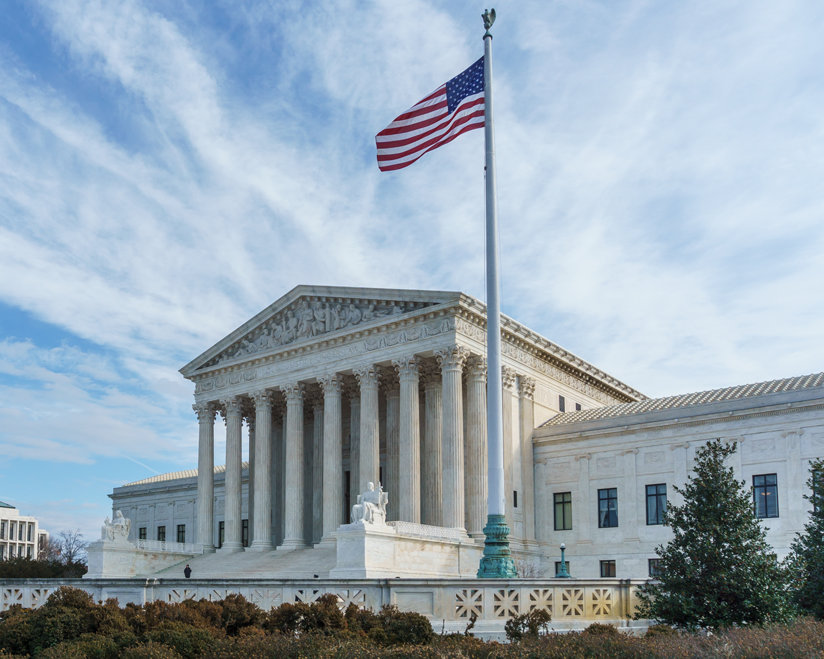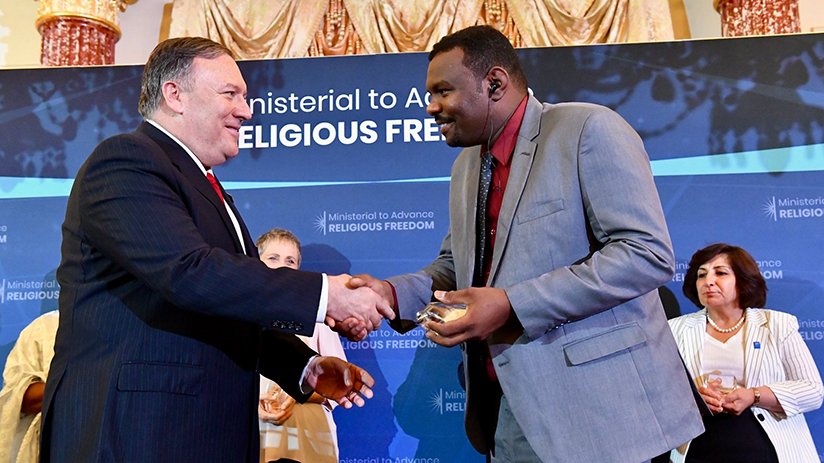
-
HOME
-
WHAT IS STANDOur Mission Our Values Our Help Contact
-
WHAT WE FIGHT FORReligious Freedom Religious Literacy Equality & Human Rights Inclusion & Respect Free Speech Responsible Journalism Corporate Accountability
-
RESOURCESExpert Studies Landmark Decisions White Papers FAQs David Miscavige Religious Freedom Resource Center Freedom of Religion & Human Rights Topic Index Priest-Penitent Privilege Islamophobia
-
HATE MONITORBiased Media Propagandists Hatemongers False Experts Hate Monitor Blog
-
NEWSROOMNews Media Watch Videos Blog
-
TAKE ACTIONCombat Hate & Discrimination Champion Freedom of Religion Demand Accountability
Does Religious Freedom Have a Place in the Death Chamber?
Those criminals condemned to die—after years or even decades on death row—are led into the execution chamber and strapped to a table, where needles are inserted in their arms. A curtain opens and behind a window appear those summoned to witness their death: the victims’ relatives, the media, perhaps closed-circuit television cameras. Families of the condemned or a spiritual advisor may be in attendance, behind glass or watching on the closed-circuit TV feed.

Watching a condemned person die by hanging was once a public spectacle. Today, that is not the case—there is no entrance fee, and witnesses are not allowed to throw vegetables or cheer. But most often the witnesses are hostile to the person. After all, this is the ultimate punishment, and the condemned will finally pay for their crimes with their lives. The families of victims will finally have their revenge, or simple closure of that which began with harm done to their loved one.
If the condemned is guilty—which cannot be assumed, since by 2011, 17 death row inmates had been exonerated through DNA forensics—does he deserve any comfort beyond drugs to render him unconscious before the lethal dose? Does the provision of spiritual succor, even mercy and absolution, reduce the deterrent effect?
Actually, most experts think capital punishment has no deterrent effect except to ensure the offender will not re-offend. Obviously, someone who commits murder or other serious crimes must be prevented from continuing to harm others, and that is accomplished through incarceration.
Religious faiths have a stake in the death of a believer, an investment in the future of a being, even if that person is a convicted murderer condemned to have his body destroyed.
The religious implications of capital punishment are no less complex. The U.S. Supreme Court (SCOTUS) has just stayed the execution of Ruben Gutierrez—scheduled to die in Texas for murdering a woman in 1998—because he was denied a Catholic priest to accompany him into the death chamber, per his request. The court ruled that Gutierrez’s religious rights were violated.
Historically, Christian chaplains (most often prison employees) accompanied inmates inside the death chamber. But then, last year, a Muslim inmate asserted his right to have an imam present. An Alabama state court stayed the execution but, on appeal, SCOTUS allowed the execution to proceed. Then several months later, SCOTUS did an about-face and blocked the execution of a Buddhist inmate in a similar case. Justice Brett Kavanaugh, writing in the Buddhist case, said that the matter must be applied equally to all religious faiths, and barring all spiritual advisors would satisfy that test. Texas did so. Gutierrez challenged that and, this June, the U.S. Supreme Court stayed his execution.

Religious faiths have different perspectives on death. Christians, for the most part, believe in an afterlife in which believers accompany God, relieved of suffering and sin. Muslims believe that we pass from one life to another. Hindus and Buddhists believe that the being reincarnates into another body. Scientologists look at death as a separation of the being himself from the body. For most religious traditions, death is a transition, the end of one life and the beginning of another existence. Thus religious faiths have a stake in the death of a believer, an investment in the future of a being, even if that person is a convicted murderer condemned to have his body destroyed. Perhaps the confession of sins accumulated in this life will provide a better opportunity in the next, a new start washed clean of the degradation and criminal acts of this one.
While religious faith may have a stake in the future of a condemned person, what interest does government have in denying spiritual advisors? Justice Samuel Alito wrote, in sending the Gutierrez case back to the lower court, that it should determine if “serious security problems would result if a prisoner facing execution is permitted to choose the spiritual adviser the prisoner wishes to have in his immediate presence during the execution.”
The Texas Catholic Conference of Bishops, in a website posting, expressed its sympathy for the family of Gutierrez’s victim and affirmed that violent criminals must be incarcerated “both as just punishment and to protect society.”
But the post goes on to say that “Denying a prisoner’s request for a chaplain at the hour of his death represents an egregious rejection of the possibility of forgiveness and redemption… This assaults the dignity of the human person through the blatant removal of a corporal work of mercy that may give compassionate aid and comfort to an offender who, as a final act, is seeking God’s forgiveness.”
So if the lower court determines no risk attends the presence of a spiritual advisor, the government and courts may step aside, allowing clergy to usher the condemned to the very end of one existence—offering him redemption in the process, and possibly even a new beginning.









